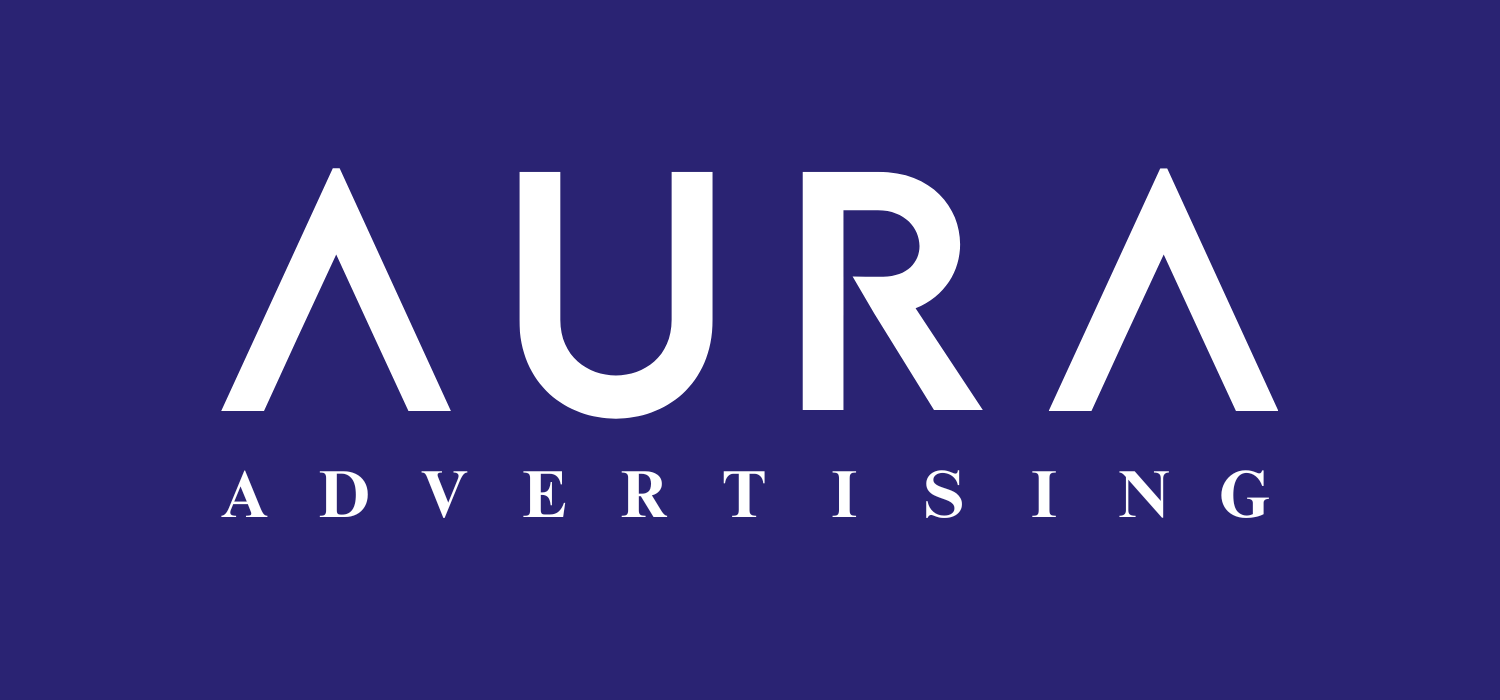A well-optimized website is the cornerstone of any successful healthcare marketing strategy. Search engine optimization (SEO) helps healthcare providers improve their online visibility, attract more patients, and establish authority in their field. This guide outlines actionable tips to optimize your healthcare website for search engines and ensure it ranks high in relevant searches.
Why SEO Matters for Healthcare Websites
1. Patients Start Online
Over 77% of patients search online for healthcare information before booking an appointment. SEO ensures your website appears in those search results, making it easier for patients to find you.
2. Local Search Dominance
Patients often look for providers near them using phrases like “dermatologist near me” or “dental clinic in [city].” Local SEO ensures your clinic appears prominently in location-based searches.
3. Establishing Credibility
A website that ranks high on search engines is perceived as trustworthy and authoritative, building patient confidence in your services.
Key Elements of Healthcare SEO
1. Keyword Research
Identify keywords that patients use to search for your services. Examples include:
- “Botox treatments near me”
- “Best aesthetic clinic in [city]”
- “Skin rejuvenation procedures” Use tools like Google Keyword Planner, SEMrush, or Ahrefs to find high-traffic, low-competition keywords.
2. On-Page SEO
Optimize individual pages on your website to align with target keywords:
- Meta Tags: Include keywords in your title tags and meta descriptions.
- Headings (H1, H2, etc.): Use headings to structure content and incorporate keywords.
- Content: Create high-quality, informative content addressing patient queries. Use natural language and avoid keyword stuffing.
- Alt Text: Optimize images with descriptive alt text containing relevant keywords.
3. Local SEO
Ensure your website is optimized for local searches:
- Google My Business (GMB): Claim and optimize your GMB profile. Include your clinic’s name, address, phone number, and hours.
- NAP Consistency: Ensure your Name, Address, and Phone Number are consistent across all online directories.
- Local Keywords: Use location-based keywords like “aesthetic clinic in Dubai” in your content.
4. Mobile Optimization
With most searches happening on mobile devices, a mobile-friendly website is essential:
- Use responsive design to ensure your website adapts to all screen sizes.
- Optimize loading speeds using tools like Google PageSpeed Insights.
5. Technical SEO
Technical aspects of your website impact its ability to rank:
- Site Speed: Compress images and minimize code to improve loading times.
- Secure Website: Use HTTPS to protect patient data and improve trust.
- XML Sitemap: Submit a sitemap to search engines to help them index your site.
- Structured Data: Use schema markup to enhance how search engines display your site in results.
Creating High-Quality Content
Content is a critical part of healthcare SEO. Follow these tips:
1. Blog Posts
Publish articles on topics patients are searching for, such as:
- “10 Tips for Healthy Skin”
- “What to Expect from Botox Treatments”
- “How to Choose the Right Aesthetic Clinic”
2. FAQs
Address common patient concerns with an FAQ section. Examples:
- “How long does Botox last?”
- “What are the side effects of laser hair removal?”
3. Videos
Create engaging videos explaining procedures, showcasing results, or offering tips. Video content increases engagement and helps with SEO rankings.
Building Backlinks
Backlinks from reputable websites signal authority to search engines. Strategies include:
- Guest Blogging: Write articles for relevant healthcare or local blogs, linking back to your site.
- Patient Testimonials: Encourage satisfied patients to leave reviews on Google and other directories.
- Partnerships: Collaborate with other healthcare providers or local businesses to exchange backlinks.
Tracking and Improving Performance
Use analytics tools to measure your SEO efforts:
- Google Analytics: Track website traffic, user behavior, and conversions.
- Google Search Console: Monitor your site’s performance in search results and fix any technical issues.
- SEO Tools: Tools like Ahrefs and SEMrush help track keyword rankings and backlinks.
Common SEO Mistakes to Avoid
- Duplicate Content: Ensure all content is original and not copied from other sources.
- Ignoring Mobile Users: A site that isn’t mobile-friendly will rank lower.
- Keyword Stuffing: Overusing keywords makes content unnatural and harms rankings.
- Neglecting Local SEO: Missing out on local optimization can reduce your visibility to nearby patients.
Case Study: SEO Success for a Dermatology Clinic
A dermatology clinic implemented these SEO strategies:
- Keyword Optimization: Targeted “acne treatment in Los Angeles.”
- Content Creation: Published weekly blogs on skincare tips and acne prevention.
- Local SEO: Optimized their Google My Business profile.
Results:
- 60% increase in organic traffic within six months.
- 40% growth in appointment bookings.
Conclusion
Optimizing your healthcare website for search engines is essential to attract more patients and grow your practice. By focusing on keyword research, on-page optimization, local SEO, and high-quality content, you can improve your online visibility and stand out in a competitive market. Start implementing these strategies today to ensure your website becomes a valuable asset for your clinic.


Leave A Comment